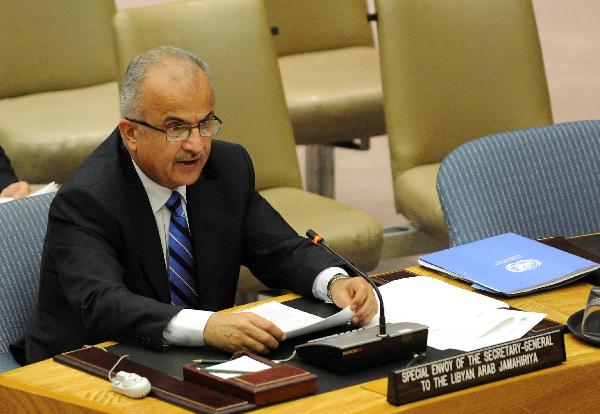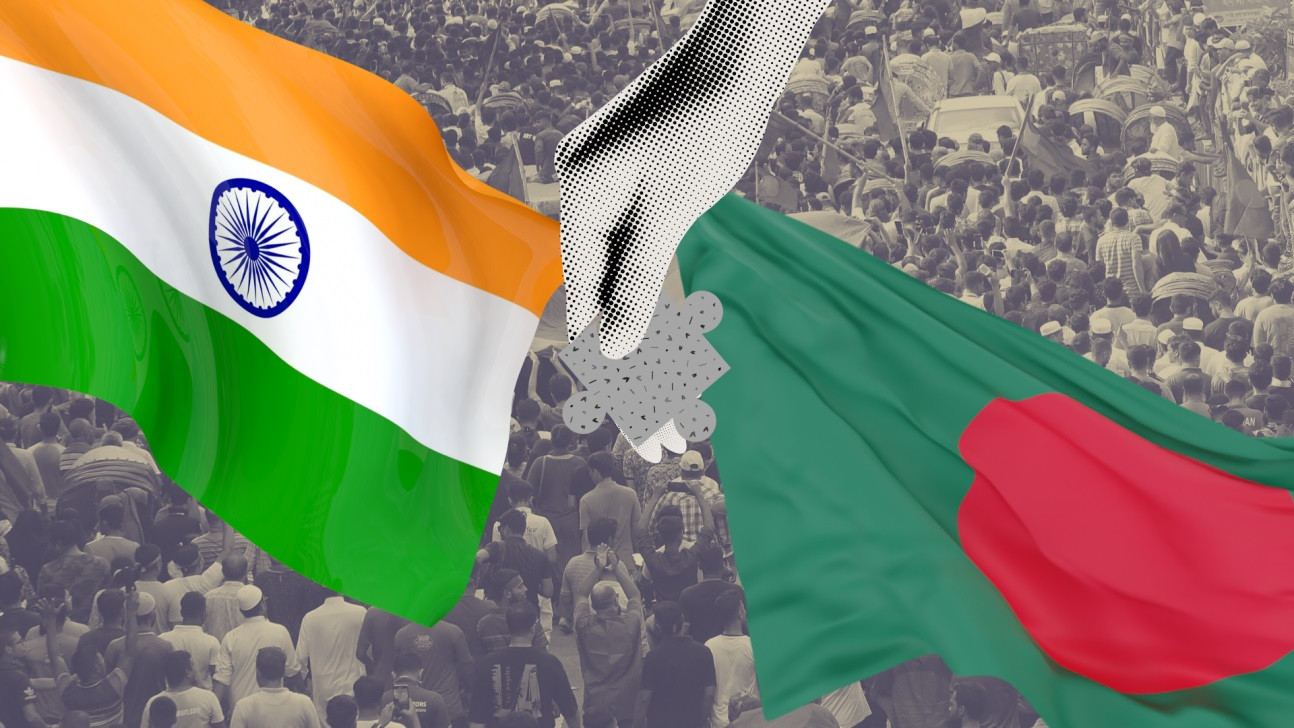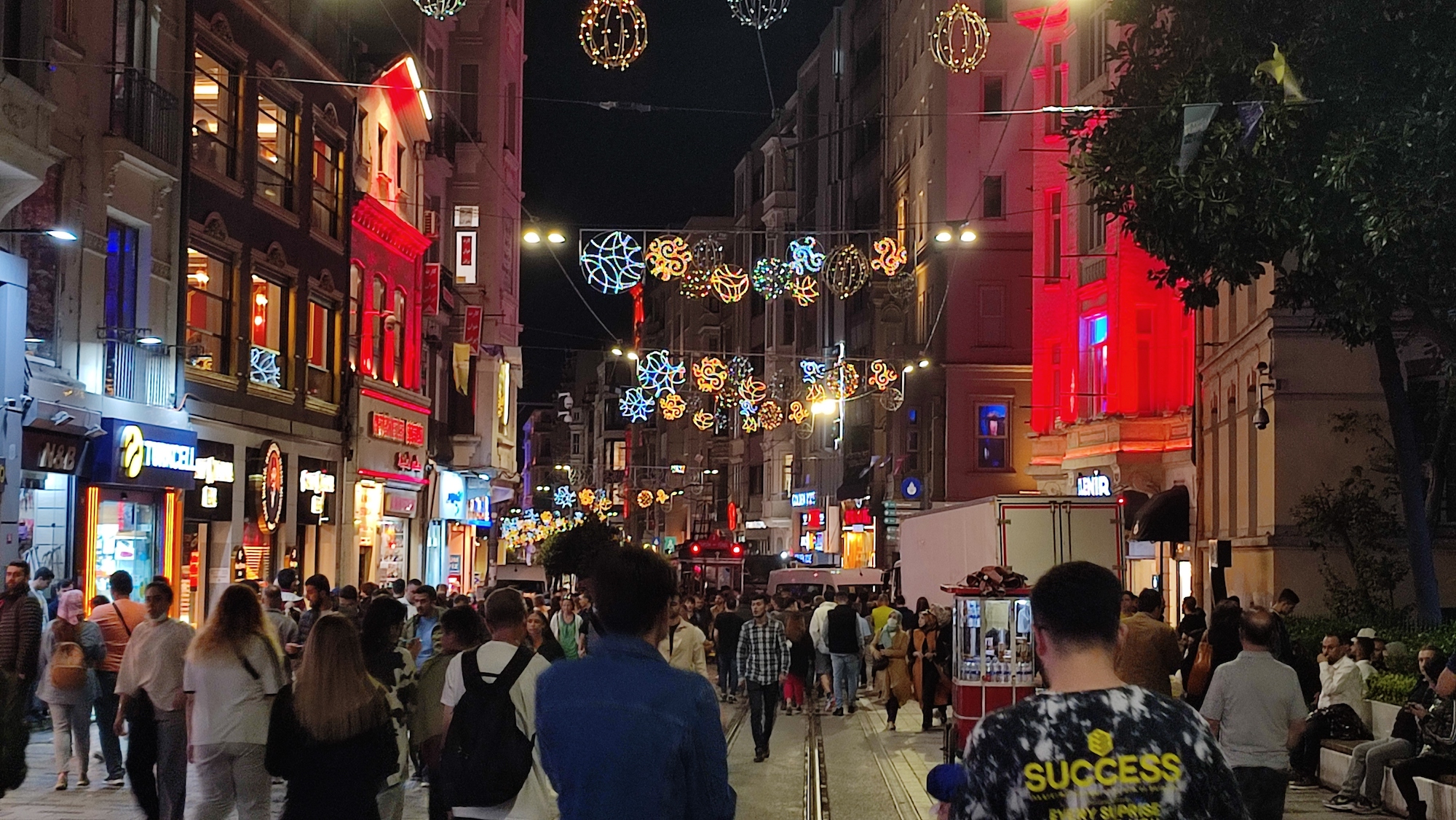UNITED NATIONS, April 4 (Xinhua) — UN Secretary-General Ban Ki- moon’s special envoy to Libya said here Monday that the conflict in the North African country appears to be continuing indefinitely, and that though the Libyan people are responsible for finding a sustainable solution, the international community must continue to provide support.
“At this time, it is still very difficult to know how long it will take for the Libyan conflict to be resolved,” Abdelilah Al- Khatib, Ban’s special envoy for Libya, said.

Al-Khatib’s statements came as he briefed the Security Council on his recent mission to Libya, where he met with both Muammar Gaddafi’s government in Tripoli and the rebel Transitional National Council (TNC) based in Benghazi, the rebel stronghold in the east.
In Tripoli, Al-Khatib met with Baghdadi al-Mahmudi, prime minister of Libya, as well as senior members of the Foreign Relations Committee of the People’s Congress.
“I reiterated the international community’s demand for the full implementation of the Security Council resolution 1970 and 1973 and emphasized the urgent need to immediately stop military action, cease all hostilities against the Libyan population and end the siege of all cities and towns,” Al-Khatib said.
Security Council resolution 1970 imposed an arms embargo against Libya and slapped sanctions on members of Gaddafi’s inner circle. Resolution 1973 authorized a no-fly zone over Libya.
Al-Khatib said that the Libyan government in Tripoli indicated to him willingness to accept a ceasefire under impartial observers if the TNC does the same.
He then traveled to Benghazi to meet with Mustafa Abdul Jalil, chairman of the TNC. He said that TNC explained to him their ” vision of a democratic Libya.”
“The initial priority is to restore constitutional legitimacy through a referendum,” Al-Khatib said. “It outlines their principles and obligations of political democracy, calling for economic prosperity and development; use of science and technology to enhance society; and condemning intolerance, extremism, and violence.”
According to Al-Khatib, Jalil said that the TNC is open to the acceptance of a ceasefire under certain conditions.
“The chairman stated that the council was ready and willing to implement a ceasefire, provided that the other party does the same and that such ceasefire includes ending the siege on all western cities, withdrawing military forces, including snipers from the cities and allowing the population to freely express their position,” he said.
However, Al-Khatib told the Security Council that the TNC indicated that the aim of the uprising is to get Gaddafi out of power, and thus a ceasefire alone would not be enough to end the conflict.
The special envoy concluded his briefing to the Security Council by noting that the responsibility lies with the Libyan people in finding a solution to the current conflict, but that the UN and the international community have a role to play as well.
“Furthermore, it is also clear that the international community must continue to come together and do all it can to support this quest for a solution, especially in providing the necessary support for the United Nations to fully implement the Security Council resolutions 1970 and 1973,” he said.









